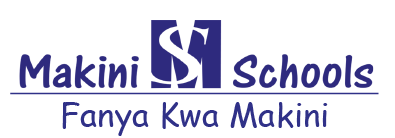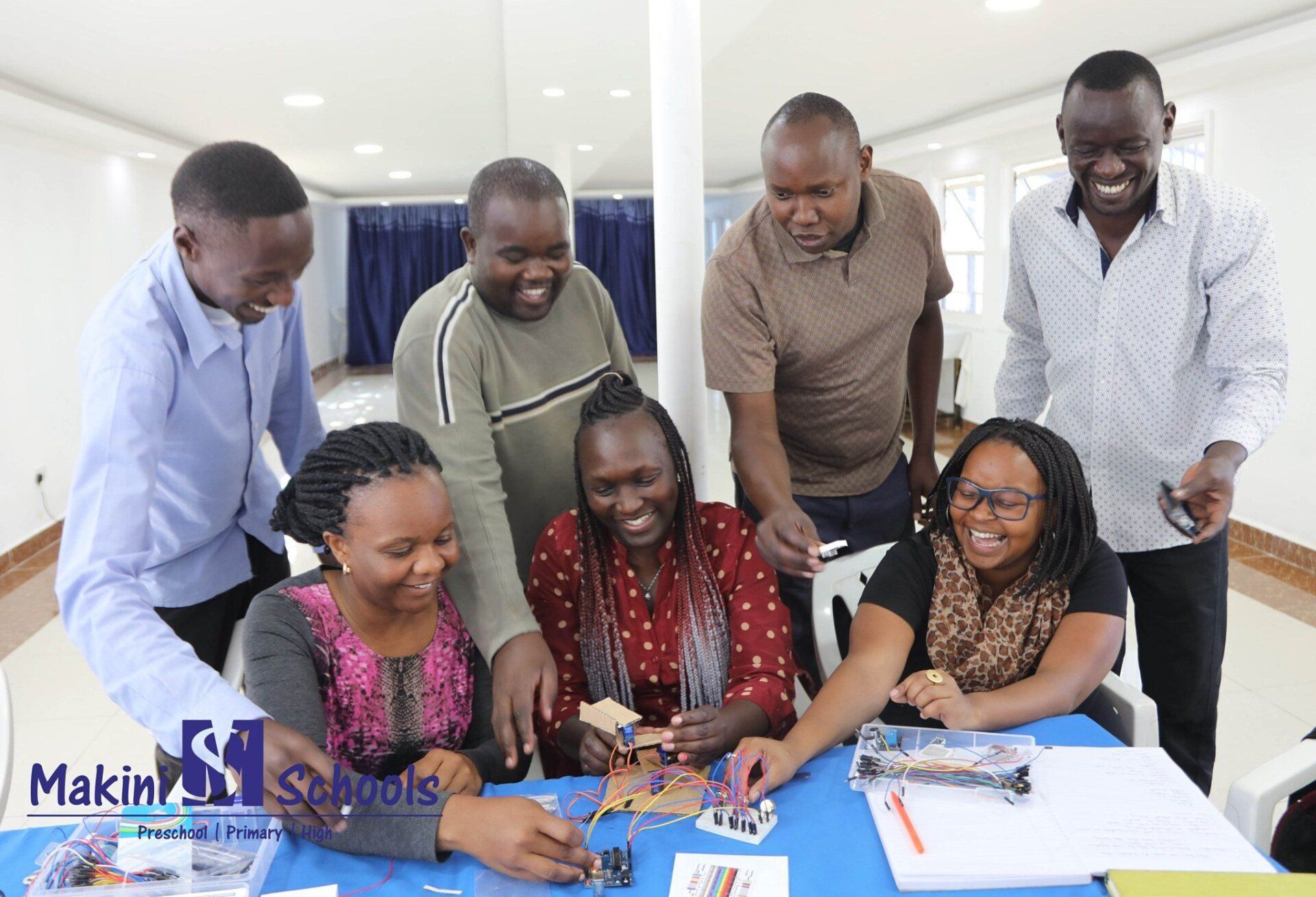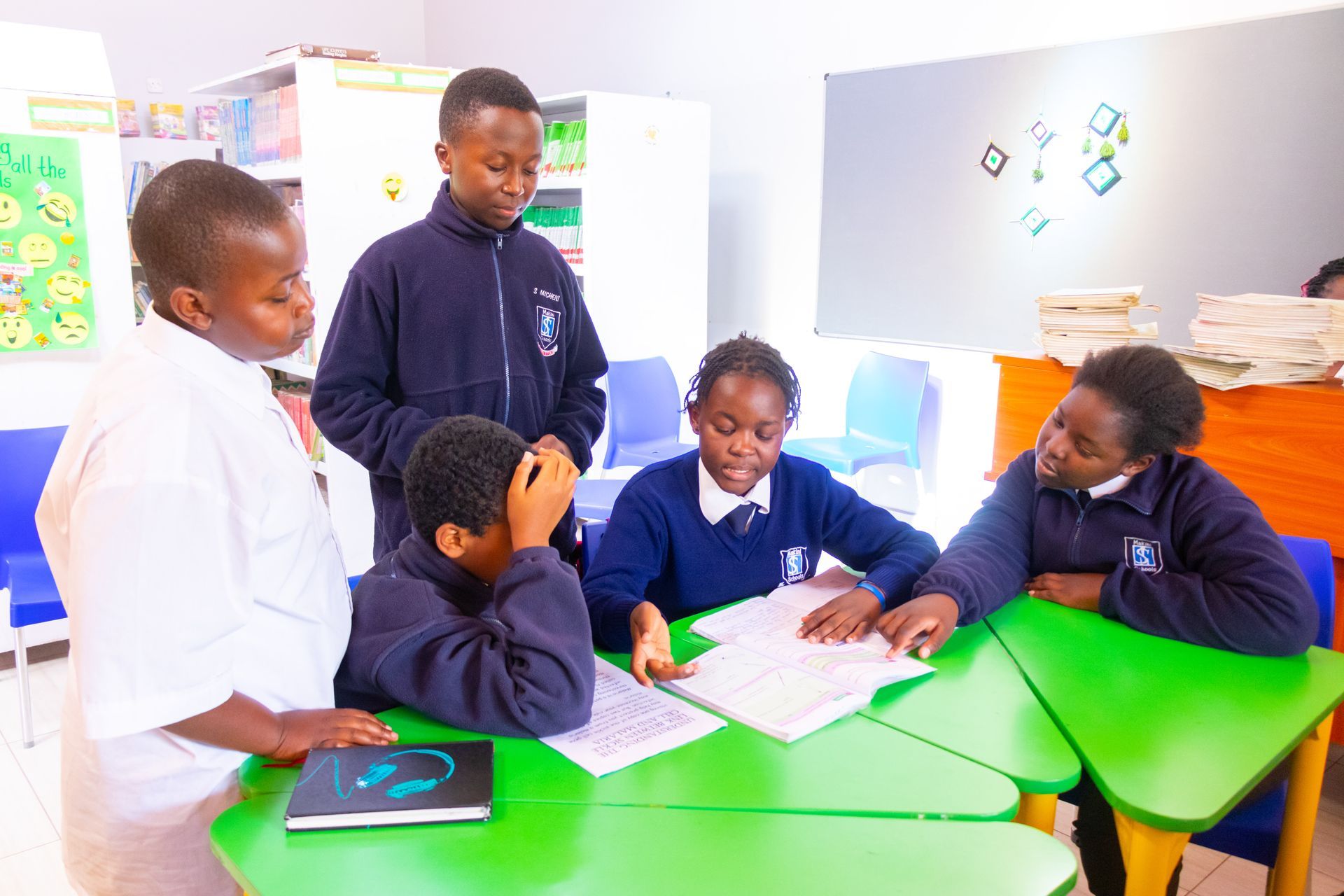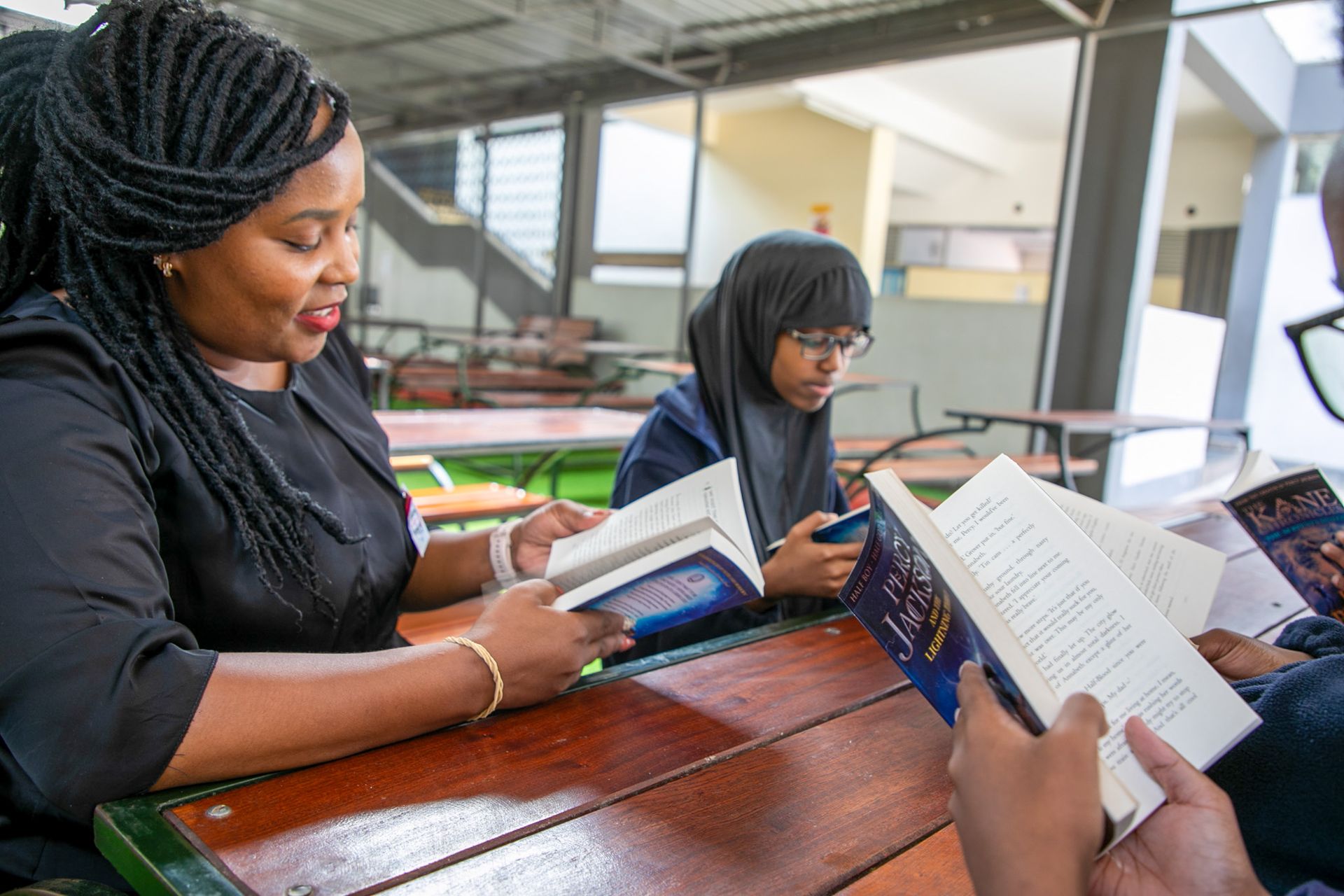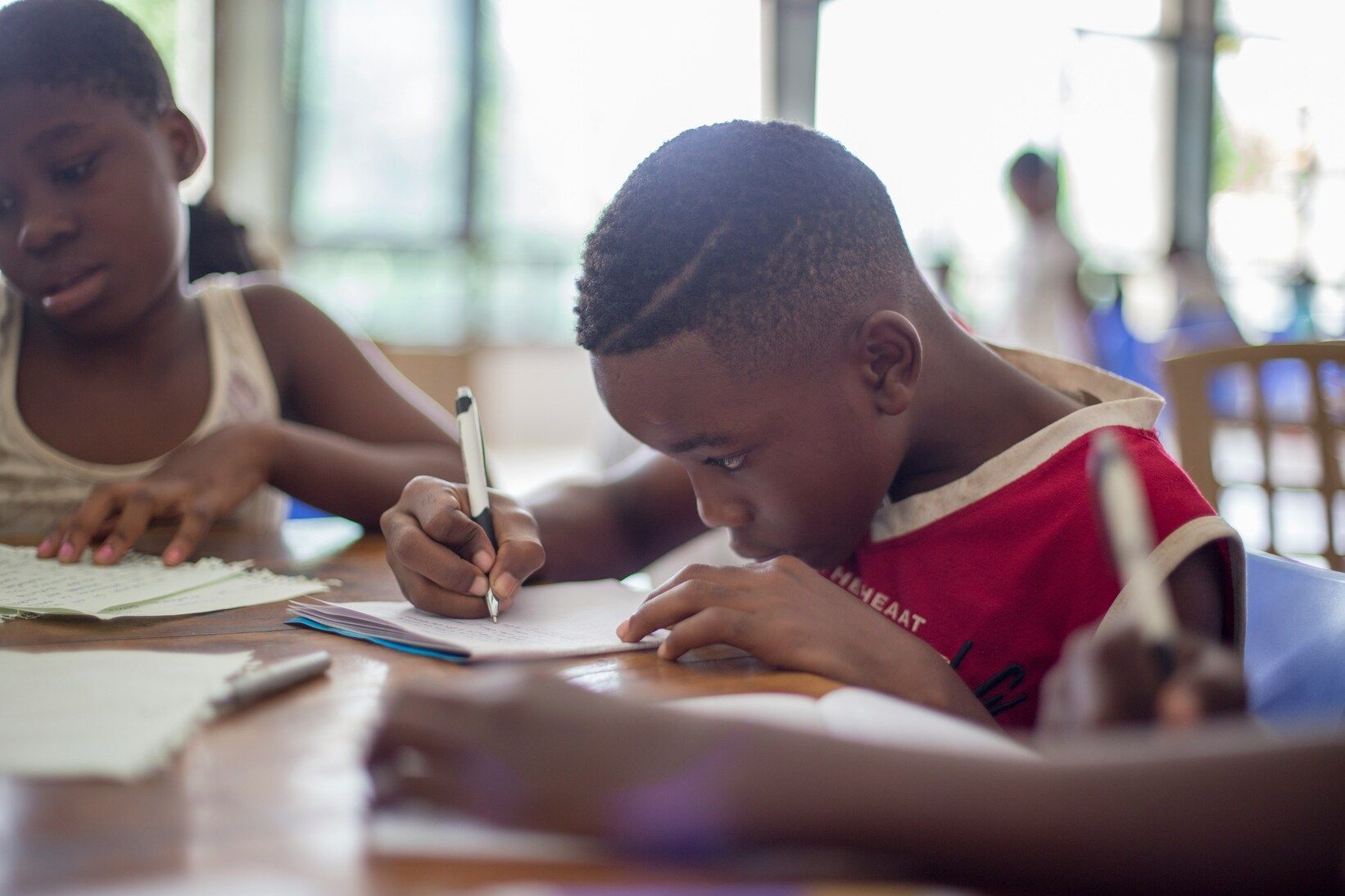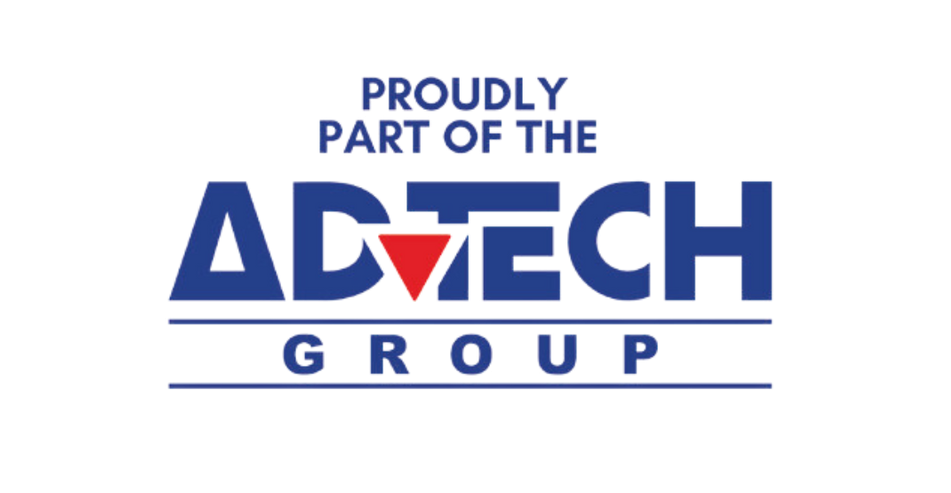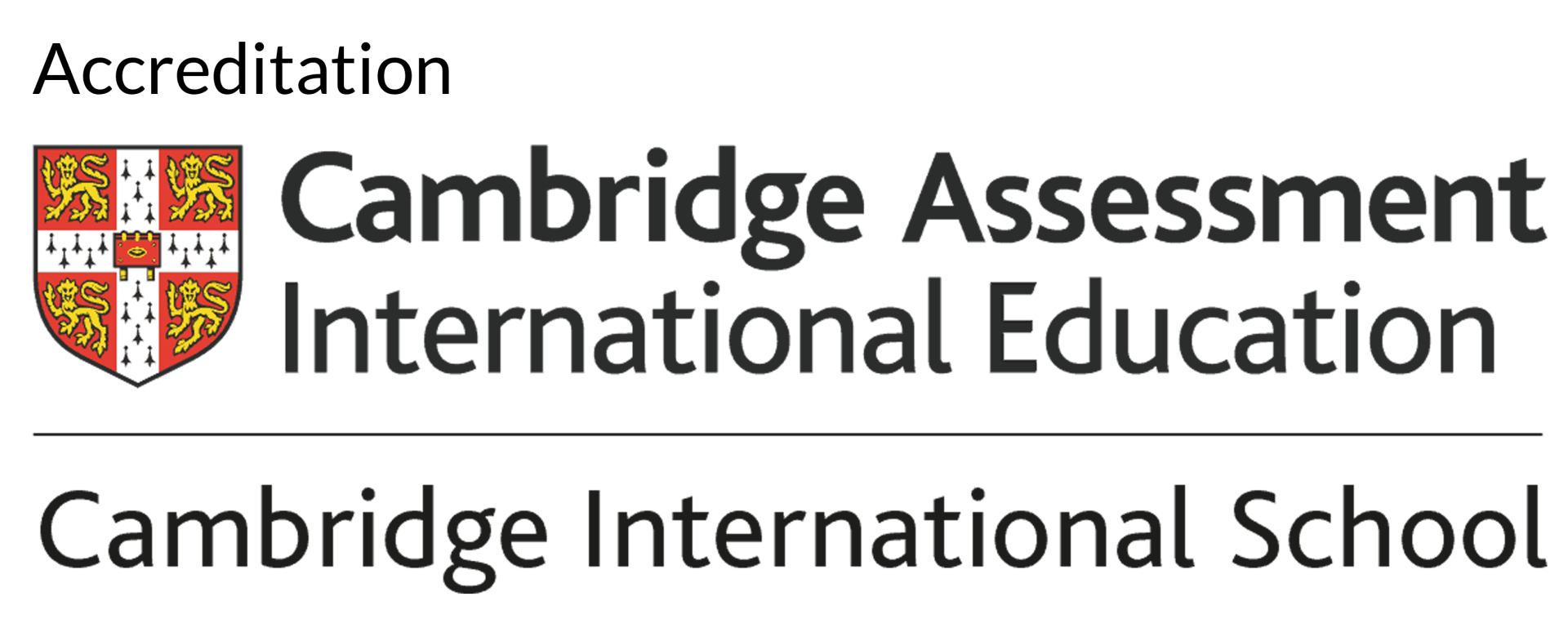How to Manage our Well-Being in These Challenging Times
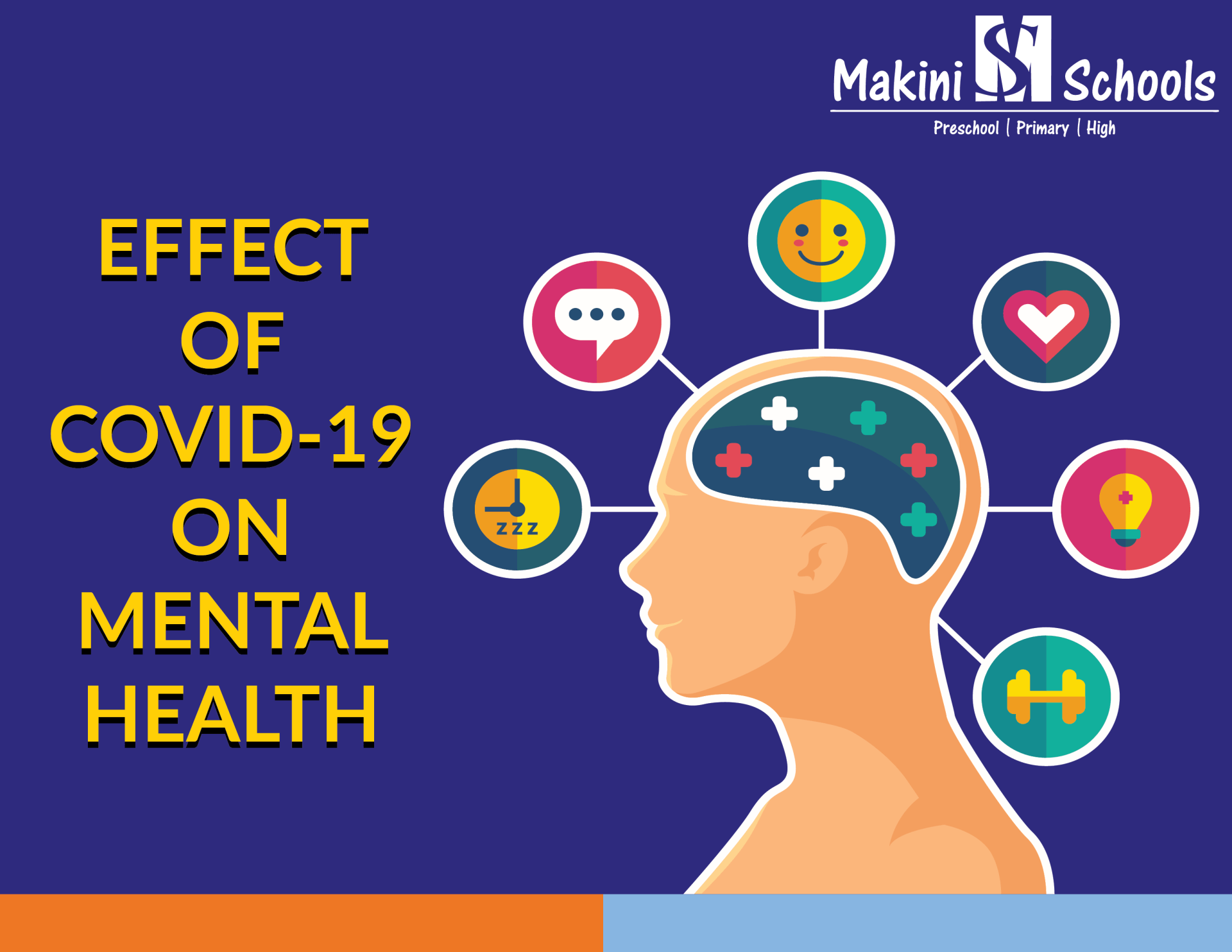
By Caleb Onyango
Counselling Psychologist
Makini schools
Psychologically, the Covid-19 pandemic has impacted our emotions, our thought processes and ultimately our behaviour. It is wise that we take time to untangle and point out exactly what we are experiencing during this period and perhaps why we are feeling, thinking and acting in certain ways. Understanding this makes us aware of when we are triggered and are therefore able to regulate ourselves.
Washing your hands with soap and running water is critical and will protect you against the dreaded Covid-19. It is also important to practice social distancing to control the spread of the virus. Governments around the world are implementing strategies to cushion citizens from the adverse economic effects of the pandemic. All these together with many other measures are going to go a long way in getting the society back to where it was after the pandemic is over, at least in terms of physical health and economic status. And that is obviously good news. That said, it is important to consider the effects of the pandemic on mental health too. If not checked, these effects might create a new crisis on the state of the society’s psychological wellness that could last years, or even generations, way after the pandemic is over.
We are likely to experience a range of emotions. Sense of loss, not only of lives but also of jobs and income and loss of freedom. We are also prone to depression because of that feeling of hopelessness and despair and having to process this while not having normal day to day human interactions due to the need to maintain social distance. This also makes us vulnerable to loneliness.
The pandemic has also affected how we think – the general functions of the brain. During this time, it will be normal to experience paranoia especially about having Covid-19 symptoms. Additionally, due to being high strung all the time, it is normal for us to become forgetful and experience mental fog, impaired concentration, be indecisive and even lack creativity, generally zapping our motivation to be productive.
As a result of the above and other emotional and cognitive experiences, our behaviour also does get affected as we consciously and subconsciously try to cope with effects of the pandemic in our lives. One of the ways, we might want to feel in control is by hoarding. In the face of much uncertainty stocking up beyond what we need, may be a sub-conscious way of feeling in control of ‘something’ in an out of control pandemic environment. We also experience or see in others, restlessness. This is what some parts of the world term as cabin fever, whose origin was that feeling of restlessness experienced when people have been snowed in for long periods during winter.
This restlessness may make us vulnerable to bingeing of food, television, social media etc. There is also likely to be an upsurge of drug and substance abuse for various reasons such as killing boredom or trying to cope with pandemic related stress. Conflicts are also likely to be observed among family members or even towards strangers.
It is normal to experience the emotional and cognitive responses to such a time as this of coping with the Covid-19 pandemic. That said, it is important to be aware of what one is experiencing and the reason for it as well as to know when to seek help if we find ourselves adopting harmful ways of coping as aforementioned. The great news is, there are some healthy habits we can adopt so as to minimize the effect of the stress on their lives. Some of these habits that we at Makini Schools emphasise though our pastoral care programme include:
- Maintaining normalcy in terms of schedule as much as possible but being flexible to adjust to a ‘new normal’ such as home schooling and working from home. Working from home and home schooling will take a while to get used to. It is helpful to designate different spaces in the home for different activities. For example, it is important to delineate the working and schooling spaces that are different from that of social activities or meals to help disengage one activity from the next injecting some energy.
- Checking in as a family will also go a long way in dealing with our emotions and run-away thoughts during this time. This can be done, for example during meal times creating a safe space to discuss what is particularly tough for each to cope with, but also a daily highlight.
- Maintaining a healthy lifestyle helps reduce stress and anxiety. Eat a balanced diet – practicing portion control, stay hydrated, get enough sleep and maintain an active lifestyle.
- There is abundant evidence of the positive correlation between constructive spirituality and mental wellness. Believing in a higher being provides a sense of peace and hope. Faith also provides meaning to the pain making it bearable, for example Christians may be looking at this pandemic as a way for God to reconcile humanity with Himself. Additionally, practices such as praying, meditating, listening to uplifting spiritual music all are helpful in reducing stress and anxiety.
Employing the above strategies may help us navigate this unprecedentedly difficult times. However, the effect of the pandemic may get overwhelming for some of us even after putting in their best effort to stay afloat. In the event that happens, it is prudent to talk to a professional counsellor and book an online session.
Keep safe!
#komeshacorona
